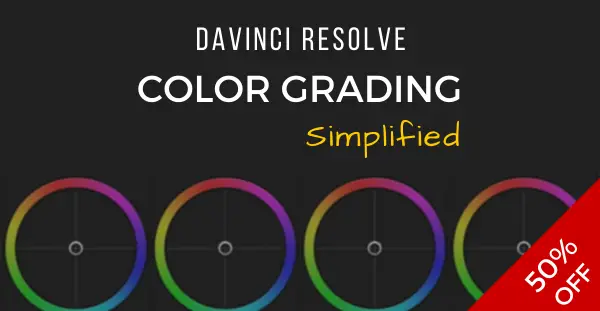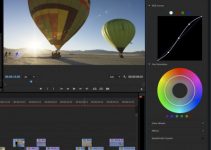Over the years Sony has been taking the reins of the camera making industry. At first slowly, as Canon used to hold the number one position in the market at the time, then rather abruptly, completely changing the whole scene.
But even though no one can doubt that Sony mirrorless cameras have got more and more better, thus shaping the evolution of the post-DSLR filmmaking, it’s a long shot to compare an entry-level camera such as the Sony a6400 to a full-fledged cinema camera like the RED Scarlet 6K. But Potato Jet is always ready for this kind of crazy experiments, so let’s take a look at his hilarious comparison between the tiny a6400 and the mighty RED Scarlet Dragon.
The point of the video is obviously not comparing the two cameras, as there is no point in getting the tiny A6400 next to a RED. The real question is how much can we get for the price we pay for a small mirrorless such as the a6400? The simple answer is “quite a lot“.
Going on the comparison route, it’s quite easy to guess which is which, if you’re a little bit used to work with a cinema camera. The greenish tint of the RED camera sells it immediately. But on a closer look, we can see that Sony holds up pretty well.
Yes, the highlights are rolling off in such a steep curve that it would not be possible to mistake the RED for it, but the Dragon sensor has such a superior dynamic range that it keeps much more detail in the shots, allowing for a much softer roll from dark to light.
Even at higher ISOs, where the cameras other than the GEMINI in RED’s lineup usually struggle against a low-light habitueé like Sony, we can clearly see the difference, as the footage of the a6400 gets mushy, you can almost feel the paste of the image compared to the noise you see in the RED.
But that’s the outcome when you compare the two videos straight out of the cameras, one against the other being clearly leagues apart. So, you need to work on the footage from the a6400 in post if you aim to get it anywhere near to the RED. The first step is getting the right Picture Profile.
There are a lot of options on the Sony A6400, but the most common choices among filmmakers are one of the S-Log or HLG (Hybrid-Log-Gamma) flavors. The S-Log has been on Sony cameras for a long time now, but considering the bitrate at which the footage is captured, the image might fall apart more quickly than you expected.
You get very flat footage, ready to be pumped up, but unless you have the time and experience to color grade it properly, don’t mess with S-Log 3. On most occasions, it would be better to go with S-Log 2 or simply opt for HLG. The latter offers a compromise between Log and standard Rec709 and is much more apt to this kind of cameras as well as the codecs it’s capable of handling.
Which flavor of HLG to choose, though? It gets almost entirely to be a matter of taste. The HLG2 is a usual choice being the most balanced of the three profiles, but they have all similar reactions to LUTs, so just pick the one that you feel fits best in your post workflow.
Coupling the HLG2 with a REC709 gets the better match to the footage the RED camera produces. Mind you, it’s not a real match, there is no way you can get the same results. Nevertheless, you can still get it pretty close which is mind-blowing considering the insane price difference between the two cameras.
[source: PotatoJet]
Order Links:
Sony Alpha a6400 Mirrorless Digital Camera (B&H, Amazon)
Disclaimer: As an Amazon Associate partner and participant in B&H and Adorama Affiliate programmes, we earn a small comission from each purchase made through the affiliate links listed above at no additional cost to you.
Claim your copy of DAVINCI RESOLVE - SIMPLIFIED COURSE with 50% off! Get Instant Access!




